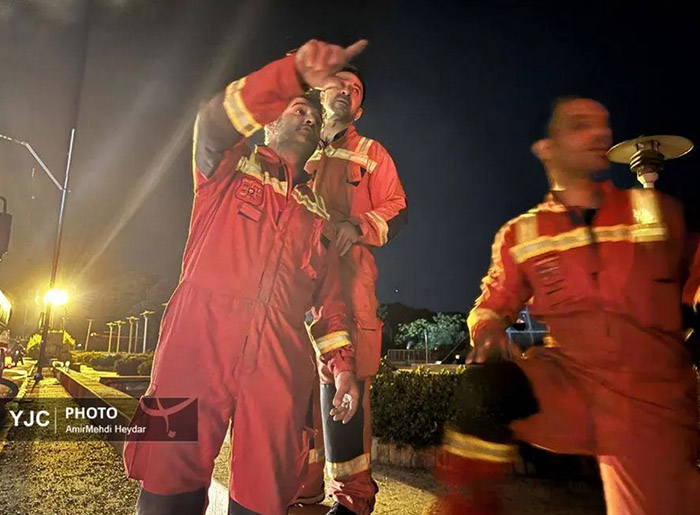Chapter 7: International Response and Strategic Implications
The international community has responded with a mix of concern and condemnation. The United States, United Kingdom, France, and Germany have condemned Iran’s actions, reaffirming Israel’s right to self-defense. The UN Security Council convened an emergency session, though efforts at issuing a joint statement were blocked by geopolitical rifts.
This direct Iranian strike could reshape regional alliances and military doctrines. Analysts suggest that this event might push Israel closer to formal defense agreements with Arab countries like the UAE and Saudi Arabia, who share concerns about Iran’s expanding influence.
Strategically, Israel has already begun reviewing its deterrence strategy, considering a more assertive preemptive posture. Defense officials have not ruled out retaliatory strikes on Iranian assets, a move that could trigger wider escalation across the Middle East.
Chapter 8: Media, Misinformation, and Civil Society
In the digital age, information—and misinformation—moves fast. Social media platforms were flooded with real-time footage of missile strikes, damaged buildings, and scenes from evacuation shelters. However, false reports and unverified casualty numbers also circulated rapidly, prompting the government to centralize communications through verified Telegram and WhatsApp channels.
Smotrich’s ministry launched a public information campaign, offering accurate updates and clarifications on relief eligibility, safety zones, and government protocols. This proactive communication has helped reduce panic and misinformation in a volatile media environment.
